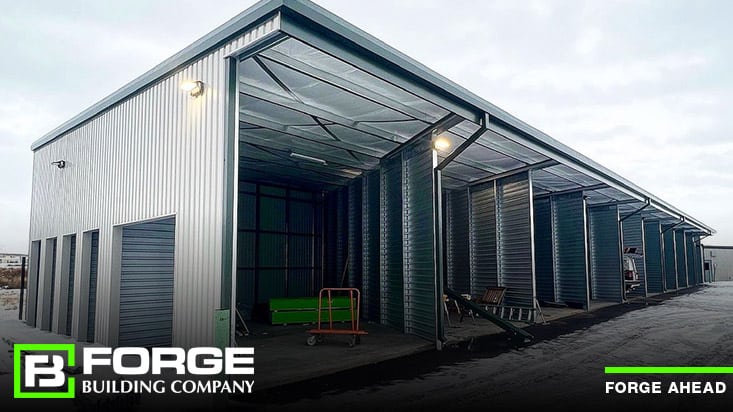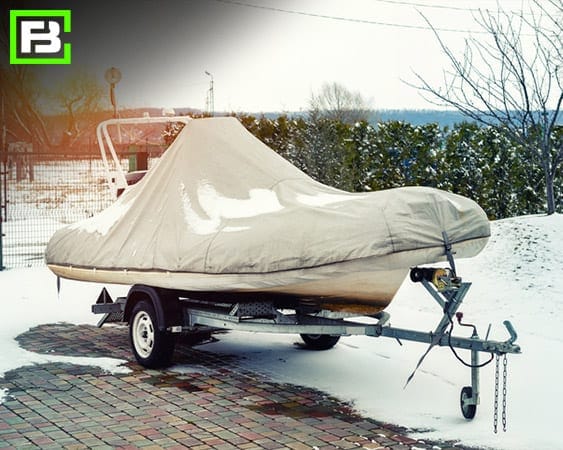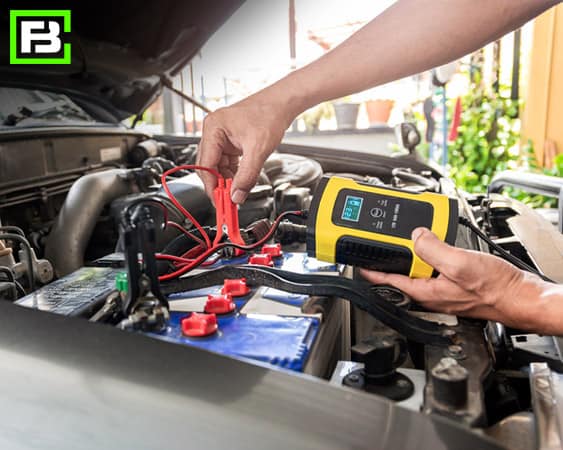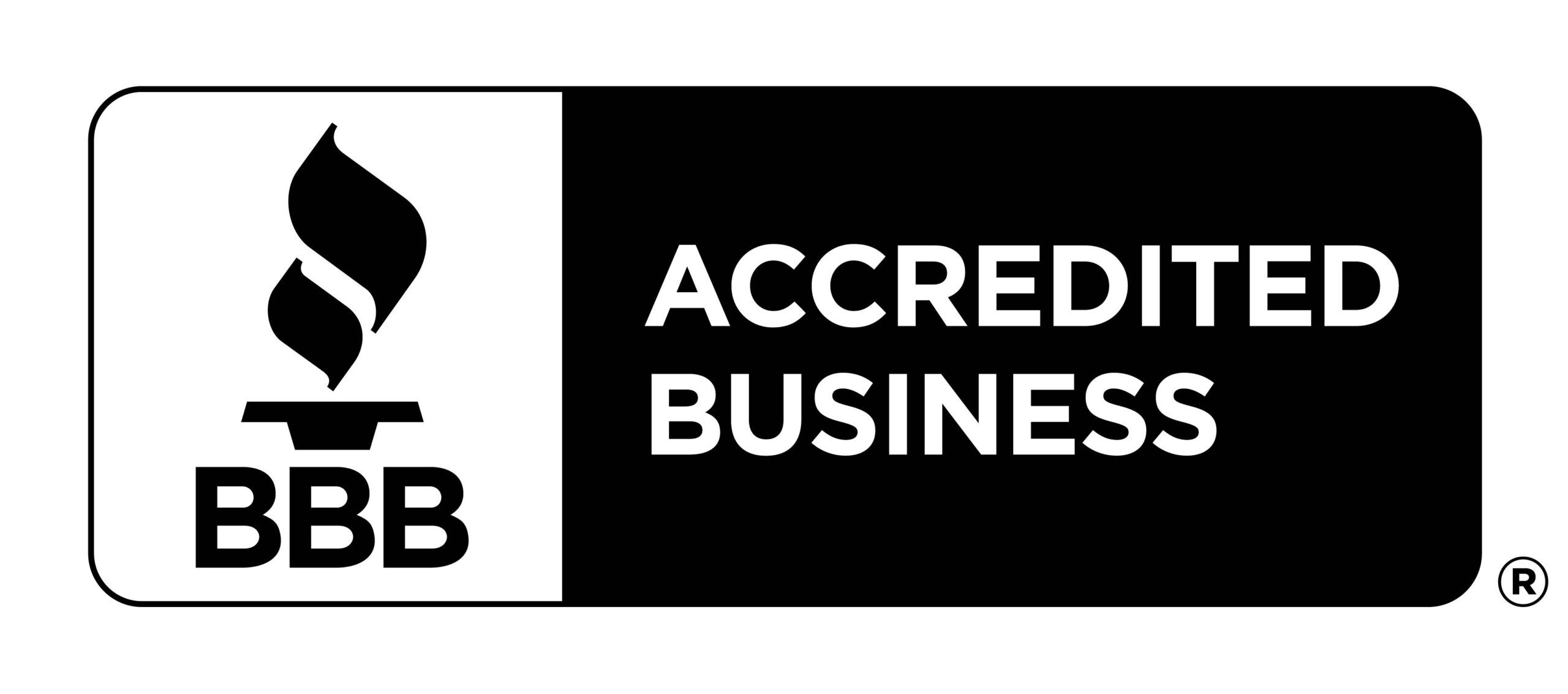
Most often, when you think of self-storage, you usually think of finding a place to keep boxes, furniture, and other standard household belongings. But what if what you need to store right now is a car or other vehicle? Vehicle storage works in pretty much the same way as regular storage, with various options available to help ensure that your vehicle stays protected when it’s not in use. Following is a quick guide to vehicle storage, including what you should do to prep so your car or vehicle is ready to drive off the lot later on.
Vehicle storage is a self-storage unit specifically designed to house a car or other type of vehicle. Think of it like a garage or parking space that you rent within a self-storage facility, with similar benefits depending on the storage company and unit that you choose, such as on-site security, gated access, and climate control.
There are four primary types of vehicle storage:
The various types of storage units for vehicles differ in terms of price and utility. It’s important to choose the type that’s best suited for your vehicle itself, particularly if it is highly valuable.
Each type of vehicle storage unit offers its own advantages and disadvantages. To figure out what unit will be best for you, you’ll need to consider not only availability (though that’s obviously a key factor) but what your specific vehicle requires.
This type of vehicle storage isn’t so much an individual unit as it is a parking space that you rent for a set duration. These are usually within a large parking lot on site of the storage facility, and the surface may be paved, grass, gravel, or dirt. This is the cheapest way to store a vehicle, and though you lack protection from the elements you still get the security benefits that come with renting at a storage facility. For added protection you can put a cover on your vehicle which will provide a barrier from the weather.
If you’d prefer to have your vehicle protected from things like sun, rain, and snow, then consider a covered parking space. These are generally housed in a large vehicle port shared by many vehicles, with open walls and a roof overhead. This type of storage doesn’t offer quite as much protection as an enclosed unit, but it’s better than the uncovered space if you’re worried about exposure.
These warehouses house multiple vehicles in a shared enclosure, with full protection from outdoor elements. They’re a cheaper alternative to renting your own enclosed unit since you’re sharing the space with others, but do not give you the ease of convenience when it comes to accessing your vehicle. These units may require you to schedule a time in advance to retrieve your vehicle.
The priciest option for vehicle storage is a non-shared enclosed unit, which is basically a garage that you rent just for your vehicle. You can drive your vehicle right in and out of these units so you don’t have to worry about access, and many self-storage facilities offer additional options such as climate control and live streaming to your unit so you can check on your vehicle as needed.
 Most self-storage facilities also offer storage options for RVs, boats, and other large vehicles, including both enclosed and unenclosed units. Call your local storage facility to see what’s available. When Forge partners with storage companies, we put the customer at the front of everything. Luckily, you don't have to worry about the durability of our canopies. As commercial storage builders, we work with only top-quality materials to guarantee our customers the best possible canopy. It's not your responsibility to check the quality of the canopies; we take care of that for you. Here’s an example of what to look for: Commercial canopies for RV and Boat storage.
Most self-storage facilities also offer storage options for RVs, boats, and other large vehicles, including both enclosed and unenclosed units. Call your local storage facility to see what’s available. When Forge partners with storage companies, we put the customer at the front of everything. Luckily, you don't have to worry about the durability of our canopies. As commercial storage builders, we work with only top-quality materials to guarantee our customers the best possible canopy. It's not your responsibility to check the quality of the canopies; we take care of that for you. Here’s an example of what to look for: Commercial canopies for RV and Boat storage.
The average cost to store a vehicle or RV varies from about $45 a month to $450 a month depending on the type of vehicle storage unit you rent and the size of the unit that you require. Tack on an additional $50 a month or so if you are going to be renting a climate-controlled unit.
When it comes to vehicle storage costs, size does matter. A storage space that’s too small will be difficult to navigate, if not impossible to use altogether. A storage space that’s too big will run you a higher rate than you need to pay. If you’re like most vehicle owners, you probably don’t know the dimensions of your vehicle off the top of your head. You probably also don’t have a laser-calibrated vision of what 10 feet looks like compared to, say, 8 feet or 15 feet. Stor-It Self Storage provides the following guideline that outlines storage space size for your vehicle.
A 10 x 15 storage space is good for compact vehicles, such as:
A 10 x 20 storage space is ideal for storing several commonly used vehicles, such as:
A 10 x 25 storage space is good for most bigger vehicles, such as:
Vehicle storage is a safe way to store your vehicle until you need it again. That being said, there are some steps that you’ll want to take prior to putting your vehicle into storage so that you can be assured that when you’re ready to drive it off the lot it will be good to go—especially if you plan to store your vehicle for at least a year. Edmunds suggests some of the following ideas.
It’s a good idea to get some basic maintenance performed on your vehicle if you’re going to be leaving it in storage for a while. This should include having someone check your coolant levels and tire pressure and may also require a change of your oil and filter. Let your maintenance provider know that the vehicle will be going into storage, and they should be able to assist you on the best next steps.
This step may seem a bit strange. Why would you clean your vehicle if you’re just going to store it? The reason for this is that any dust, dirt, or residue that is caked on top of your vehicle when you put it into storage will wear down the paint and metal of your vehicle’s exterior. Don’t let that happen. Do the same for the interior, too. Be sure to remove any food that’s in your vehicle too, since even if it’s non-perishable and not at risk of going bad it could be a draw for rodents.
 A battery maintainer, also called a float charger, will help keep your vehicle’s battery from dying while in storage. It works by continually monitoring the battery level and periodically sending a surge of power as needed to ensure that the battery stays full. Unlike a basic battery charger, a float charger stops supplying power once the battery is at capacity, so you won’t have to worry about overcharging—nor will you have to worry about needing to jump your vehicle when you’re ready to use it again.
A battery maintainer, also called a float charger, will help keep your vehicle’s battery from dying while in storage. It works by continually monitoring the battery level and periodically sending a surge of power as needed to ensure that the battery stays full. Unlike a basic battery charger, a float charger stops supplying power once the battery is at capacity, so you won’t have to worry about overcharging—nor will you have to worry about needing to jump your vehicle when you’re ready to use it again.
Worse things can happen than a stuffy vehicle, but if you’re going to be using an enclosed unit then crack your windows slightly to facilitate air flow and keep the interior from getting musty.
To keep your vehicle clean no matter how long it’s in storage, invest in a quality vehicle cover.
You may have been taught to engage the parking brake every time you park your vehicle, but you should do the exact opposite when storing your vehicle for long periods of time. If you do use your parking brake during storage, you run the risk of damaging your brake pads and rotors. If brake pads and rotors are in contact for long periods of time, they may fuse together. This can lead to major headaches on your end, major safety issues when it’s time to drive your vehicle again, and major funds getting flushed down the drain to fix your rotors and brake pads. To keep your vehicle stable in storage, use tire stoppers. They’re much better for your vehicle.
There’s nothing worse than making the decision to sell your vehicle and realizing that you can’t legally sell it because you don’t have your title. Keep your title in a safe place where it won’t get stolen, lost, or forgotten. Also, be sure to keep your vehicle registered while it’s in storage. Even if you are thinking about trying to unregister your vehicle (because you’re not exactly using it), you will not legally be able to do so. In order to store a vehicle in a storage unit, you must have the vehicle registered under your name.
You don’t need to drive your vehicle, but you do need to start it up every so often to ensure the battery stays in good shape. When you do start your vehicle, you shouldn’t leave it idling in the storage unit, as this can lead to a life-threatening buildup of carbon monoxide. If you don’t want to drive your vehicle, at least roll it outside of the unit and leave it on for a few minutes to recharge the battery. There’s nothing worse than finally getting ready to take your vehicle out of storage and not being able to start it because your battery is dead.
To find exactly what you need for your vehicle, call a few different storage facilities to see what they offer in terms of units, features, and pricing.
Storing your vehicle in a storage unit or parking space is a unique endeavor that requires preparation. Whether you’ve had a storage unit for a while, you just got your very first-ever storage unit, or if you are on the fence about wanting to get a storage unit in the first place, you’re going to want to do your homework. As a premier commercial storage builder, Forge has built quality canopies and storage units that will protect your investment. Are you a storage company looking to add or upgrade your vehicle storage? Give us a call today to help.
